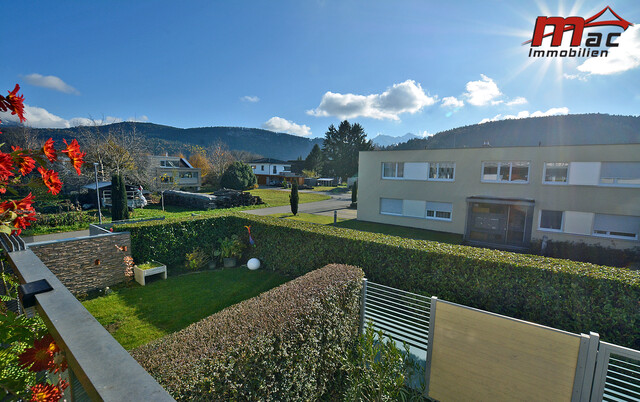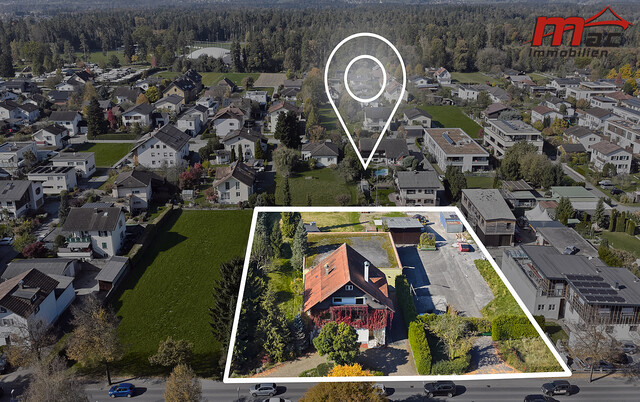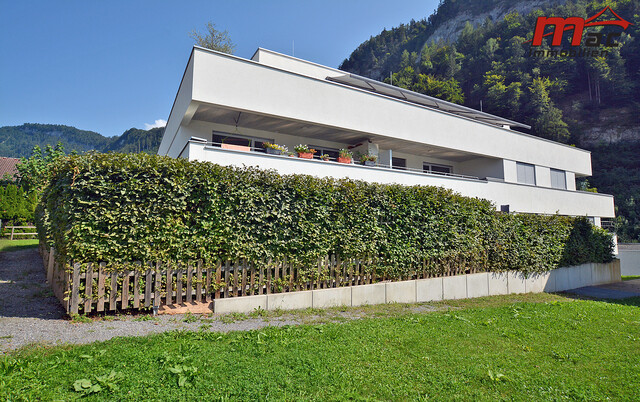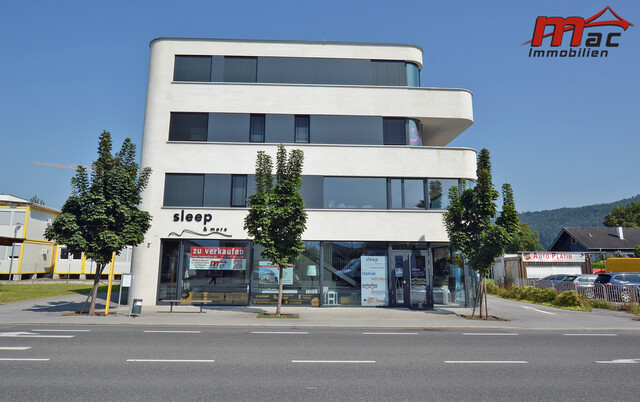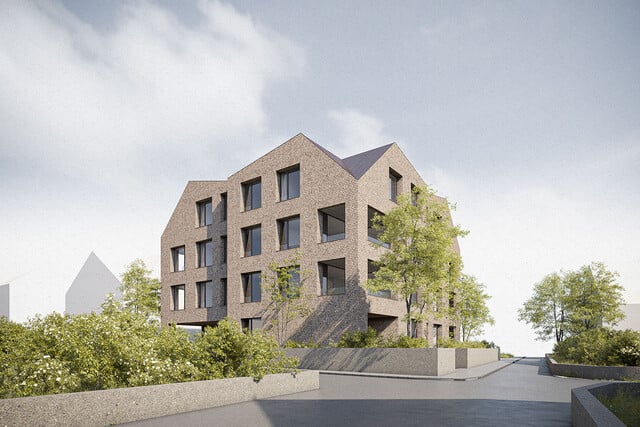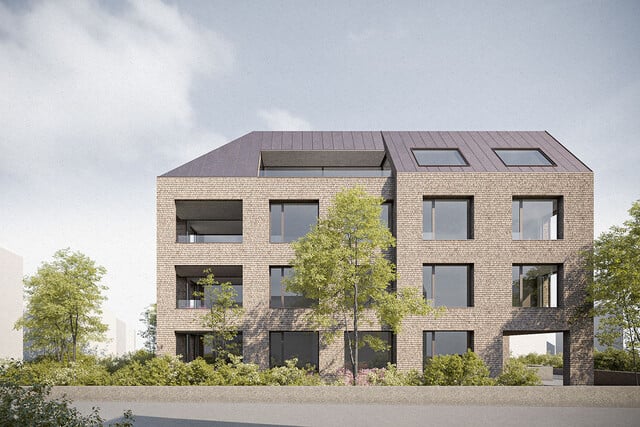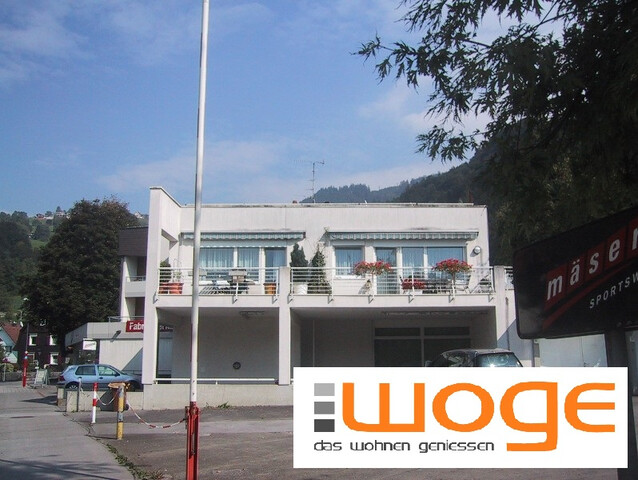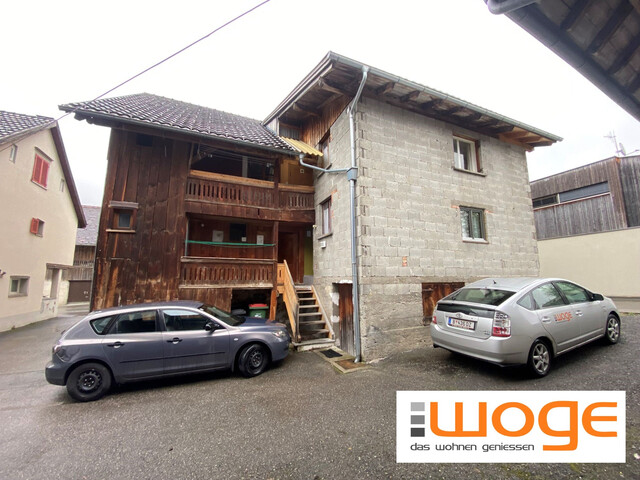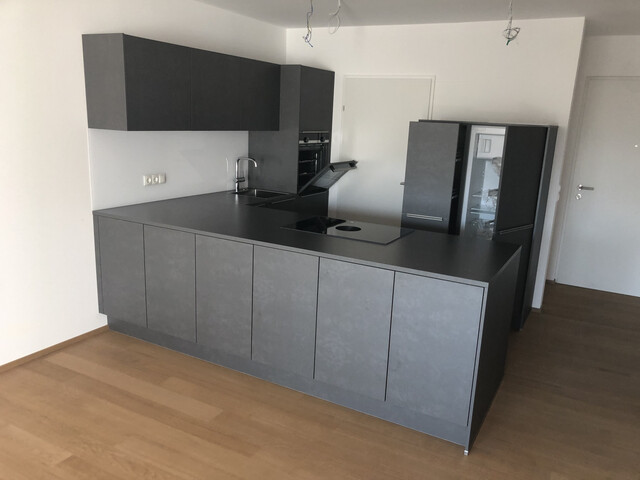Prices for District Heating from Wien Energie to Rise in 2026

An average Viennese household with 70 square meters of living space can expect additional monthly costs of 12 euros after the increase in district heating prices by Wien Energie. The calculation is based on a household with 4.57 MWh of heating energy consumption and 30 cubic meters of hot water. The price adjustment does not affect the current billing period but will appear in the 2024/25 annual bill, which will be sent out soon. The increase affects the installments of the 2025/26 heating period. Customers with an officially regulated contract are affected, while for indexed contracts, prices are automatically adjusted according to the wholesale gas market.
Wien Energie reduces discounts for district heating
There are currently two tariff models for district heating - one that is subject to the official price notice and an indexed tariff. The two tariff models are somewhat comparable to fixed and variable tariffs for electricity. Unlike electricity, however, tenants cannot choose which variant they receive. The billing is regulated by the so-called Heating Cost Billing Act. Which group you belong to is stated in the contract and in the annual bill. Of around 470,000 household customers, currently about half have a contract that is subject to the price notice.
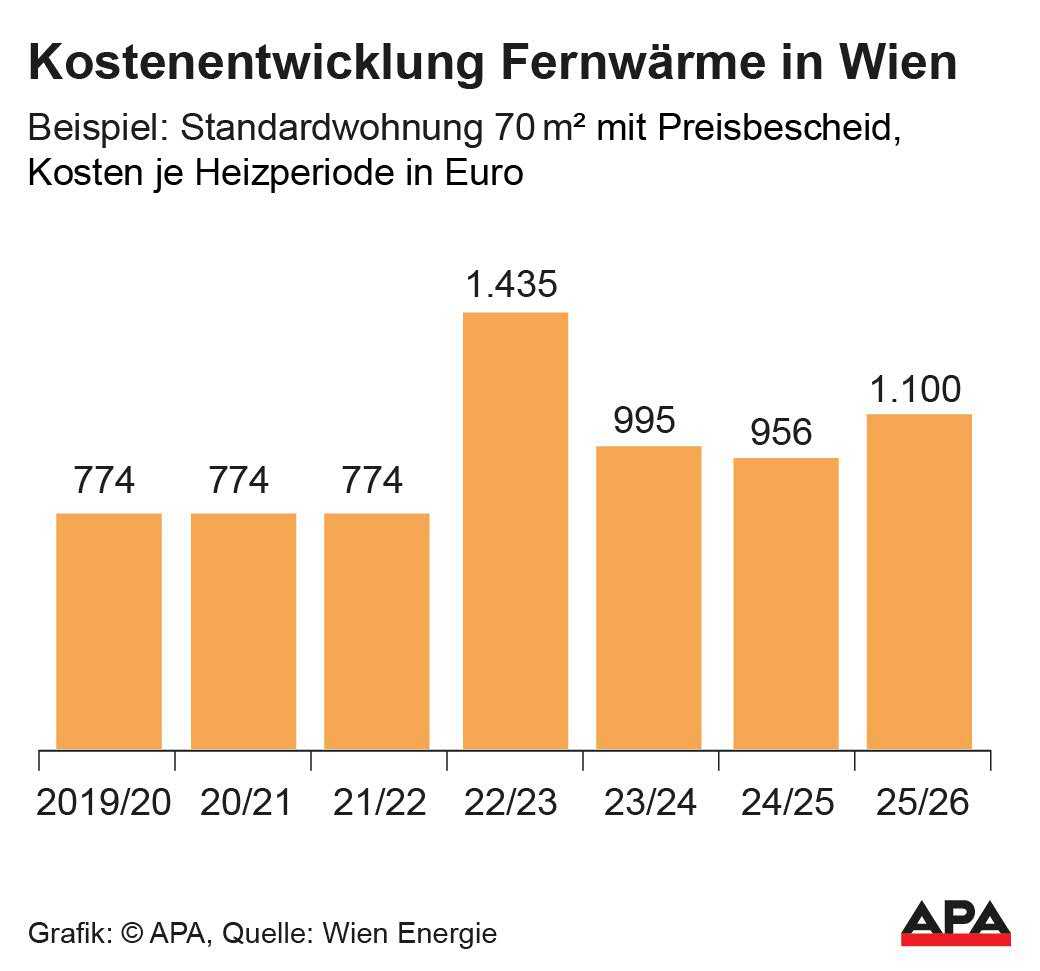
For the price notice, the price that Wien Energie is allowed to charge at most is set by an authority. Since the energy crisis, the energy supplier has granted discounts on the set maximum price, "in total, we have passed on 700 million euros in support measures to our customers in district heating," said Wien Energie CEO Michael Strebl in an interview with APA. In the past two billing periods (2023/24 and 2024/25), the working price was discounted by 43 percent and the basic price by 20 percent. For 2025/26, the discount on the working price decreases to 37 percent, and the one on the basic price is eliminated.
Opposition criticized the increase in district heating prices by Wien Energie
The maximum price was last determined by notice in 2022 and remains in effect until the authority takes action or Wien Energie submits a request for change. "We work with discounts because such a pricing process is quite complex," explained Strebl. "With the discounts, we can respond more flexibly in the interest of our customers." Strebl also referred to a survey by the Austrian Energy Agency, according to which the price notice in Vienna is among the cheapest district heating tariffs in Austria. "Even with the new price, we are among the cheapest cities that have this price notice," said the Wien Energie CEO.
Opposition came via press releases from the Vienna opposition parties FPÖ and ÖVP. FPÖ Vienna chairman Dominik Nepp held Vienna's mayor Michael Ludwig (SPÖ) personally responsible for the price increase: "He could lower the prices if he wanted to," criticized Nepp, referring to the officially set price notice. Meanwhile, Vienna ÖVP chairman Markus Figl criticized the "monopoly of Wien Energie" and called for more transparency and control.
New District Heating Tariff to Reflect Changes in the Energy System
The district heating price in Vienna is significantly influenced by the development of gas prices, as currently about half of Vienna's district heating comes from combined heat and power plants that are operated with natural gas. About a third of the district heating comes from waste incineration, and the rest comes from industrial waste heat, biomass, and geothermal and ambient heat. Heating plants are added for peak coverage. By 2040, district heating is to be completely converted to renewable energies, with Wien Energie focusing primarily on geothermal energy and large heat pumps.
Wien Energie aims to reflect the change in energy sources with a new district heating tariff. The district heating price in the new standard tariff "Klima fit" will be calculated by the Energy Agency based on the new supply situation and set for one year at a time. "By 2040, the gas price will have no influence at all because we will no longer use gas," said Strebl. The new tariff is intended to bring more predictability and transparency.
(APA/Red)
This article has been automatically translated, read the original article here.
Du hast einen Hinweis für uns? Oder einen Insider-Tipp, was bei dir in der Gegend gerade passiert? Dann melde dich bei uns, damit wir darüber berichten können.
Wir gehen allen Hinweisen nach, die wir erhalten. Und damit wir schon einen Vorgeschmack und einen guten Überblick bekommen, freuen wir uns über Fotos, Videos oder Texte. Einfach das Formular unten ausfüllen und schon landet dein Tipp bei uns in der Redaktion.
Alternativ kannst du uns direkt über WhatsApp kontaktieren: Zum WhatsApp Chat
Herzlichen Dank für deine Zusendung.
